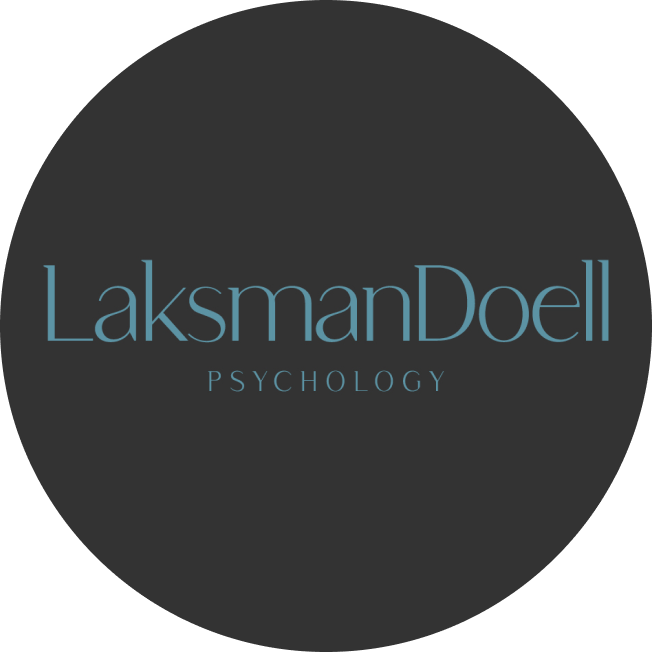Helpful vs. Unhelpful Emotions: First Step to Emotional Mastery
- LaksmanDoell
- Wellness Insights
- Helpful vs. Unhelpful Emotions: First Step to Emotional Mastery
We all feel emotions that disrupt our focus or decision-making. Emotional mastery starts with understanding which feelings guide us forward and which keep us stuck.
Do powerful emotions ever get in the way of you optimizing your performance (e.g., not asking for help on a module out of fear of judgment)? Do you ever react from an emotional place, and later regret it (e.g., snapping at a colleague who has an error in their work)? Do you ever feel “stuck” in an emotion, like guilt, fear, or overwhelm?
If you answered “yes” to any of these questions, tune in to our multi-part wellness series “Emotional Mastery at Work”. In this first entry, we are going to talk about the purpose of emotions and the difference between helpful and unhelpful emotions.
The Purpose of Emotions
The purpose of emotions is to convey valuable information about what we need. For example, I feel frustrated when my colleague does not provide me with data for my model because I need to complete my work in a timely manner.
Helpful vs. Unhelpful Emotions
Helpful emotions tell us what we need in a situation, and guide us towards taking effective action (e.g., asking for a colleague to review our work when we feel worried about the accuracy of our financial model). These emotions make sense in the moment and resolve after we have taken action to meet our need (e.g., once we receive help on our financial model, we no longer feel worried).
Unhelpful emotions are “trigger” reactions that can lead us to take unhelpful actions (e.g., avoiding being staffed on a case outside our comfort zone because revealing to ourselves and others that we have AFDs makes us feel ashamed). These reactions are typically developed in early life and as such, they give us information about our past rather than what we need in the present moment.
Clarifying Whether an Emotion is Helpful or Unhelpful
To double check if your emotion is helpful or unhelpful ask yourself:
- Does this feeling “fit the facts” of the present situation?
- Is this feeling helping me take effective action? Is this a really familiar feeling (i.e., one of my triggers)?
- Is this feeling more about my past than it is about the present situation?
To respond effectively to helpful emotions, ask yourself:
- What do I need in this situation?
- What would I do for or say to a friend about this?
- What actions could I take to help me address my underlying feeling?
Dr. Andrew Hunter and Dr. Natalie Ferreira are Senior Clinical Psychologists at Laksman Doell Psychology. Dr. Hunter is passionate about supporting individuals navigate the interplay between mental health and optimal performance. Dr. Ferreira has a keen interest in helping individuals increase their emotional intelligence and enhance relationships. Both have extensive experience supporting individuals in high-performance environments and they routinely collaborate with each other, along with other members of the Laksman Doell team, to support individuals as they cultivate empowering mindsets and pursue transformative inner change.

- POSTED BY Laksman Doell Psychology
- November 13, 2025
Next
Simple Habits for Better Rest and Performance
